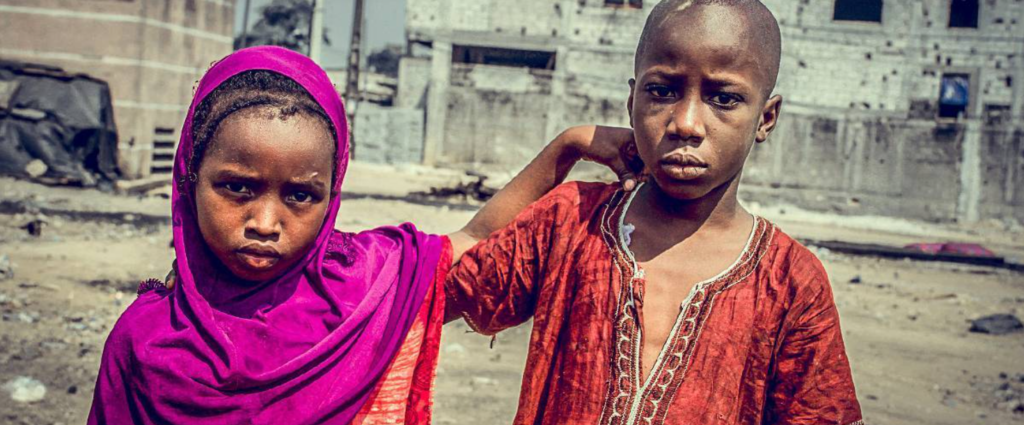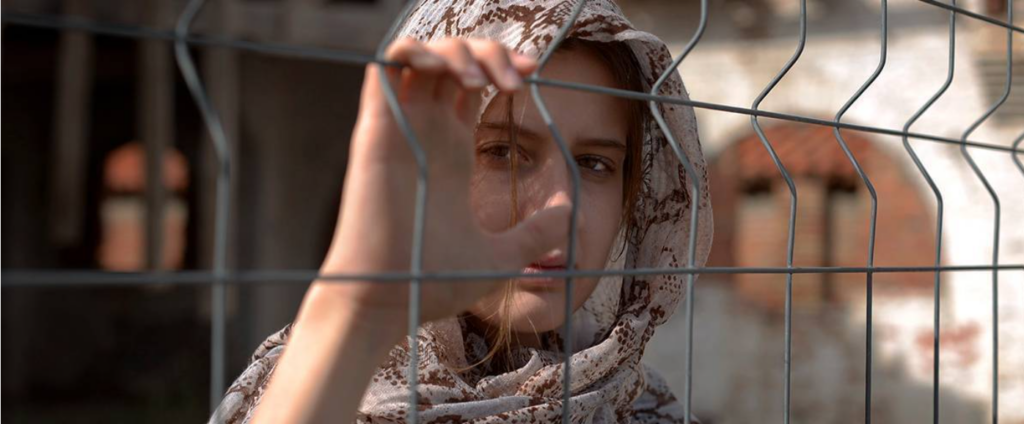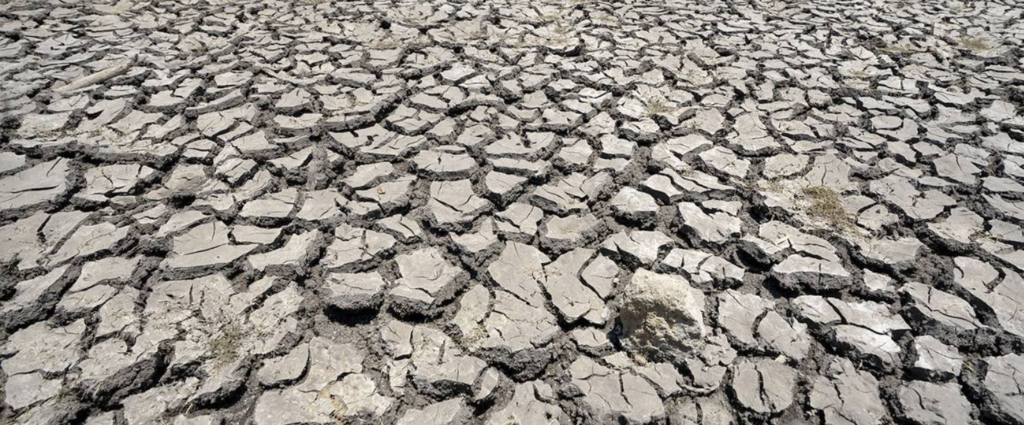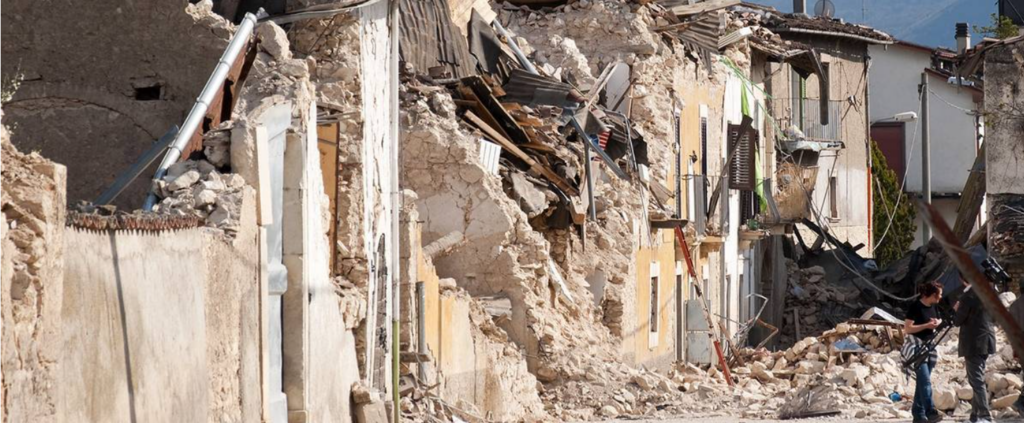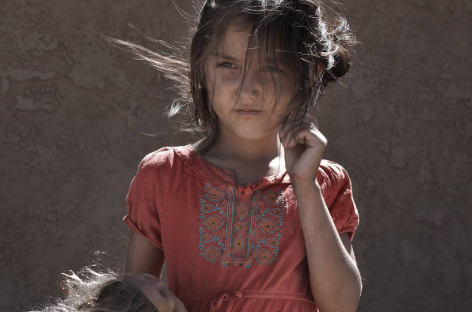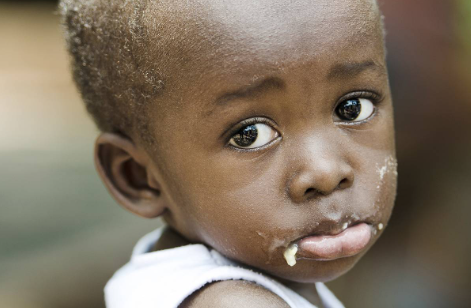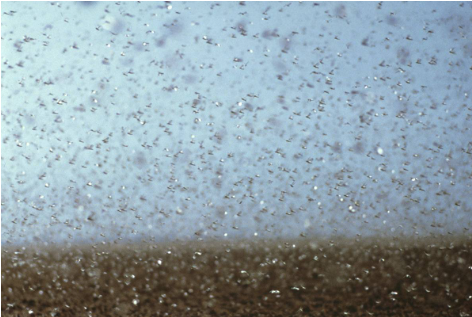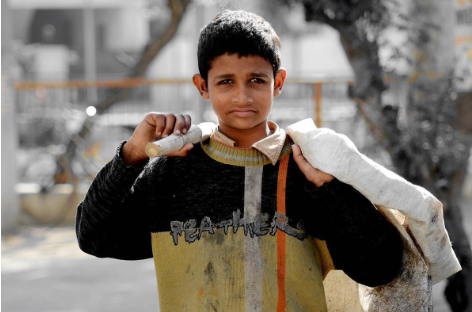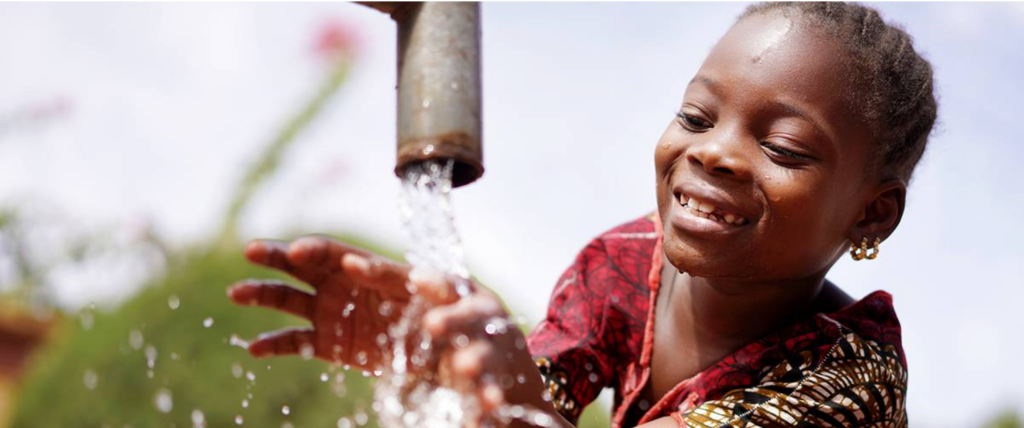POOR PEOPLE HAVE DREAMS TOO
In recognition of the equality of all people in their diversity and their circumstances, OneRopeOneHope actively fights against hardship, poverty and social injustice every day around the world. We support people in crises and disasters. We strengthen the ability to survive and improve the living conditions of those affected. We focus on people, their rights and their needs.
HELP. MOVE. CHANGE.
Cruel civil wars
The Syrian war remains one of the worst humanitarian crises of our time. Millions of people have lost their lives in the conflict, and an entire generation of children have never known…>> learn more
CORONA CRISIS
The Corona crisis threatens millions of poor people who are already suffering from extreme poverty. Now even more people who are suffering from the consequences…>> learn more
EXTREME DROUGHT PERIODS
The frequency and extent of successive droughts have devastating effects, especially in regions with scarce water resources…>> learn more
MASSIVE EARTHQUAKES
Earthquakes are among the worst natural disasters – with enormous consequences. In order to quickly alleviate the devastating suffering of those affected…>> learn more
REFUGEE CRISIS
Millions of people around the world are forced to leave their homes. They are fleeing hardship, fear and political persecution. One in 110 people in the world…>> learn more
FAMINE CATASTROPHE
Famines are man-made disasters. It is therefore now up to us humans to restore the balance. More people die from the consequences of hunger and malnutrition… >> learn more
PLAGUE OF LOCUSTS
Africa, a continent three times the size of Europe, is divided into 54 countries. Low economic growth leads most of the population into poverty…>>learn more
CHILD SLAVERY
It is not uncommon for organized child traffickers to take advantage of the poverty of children in developing countries, who are often sold by their parents…>> learn more
WATER SHORTAGE
One in three people in the world does not have sufficient access to clean water. In Africa alone, there are over 700 million people…>> learn more

